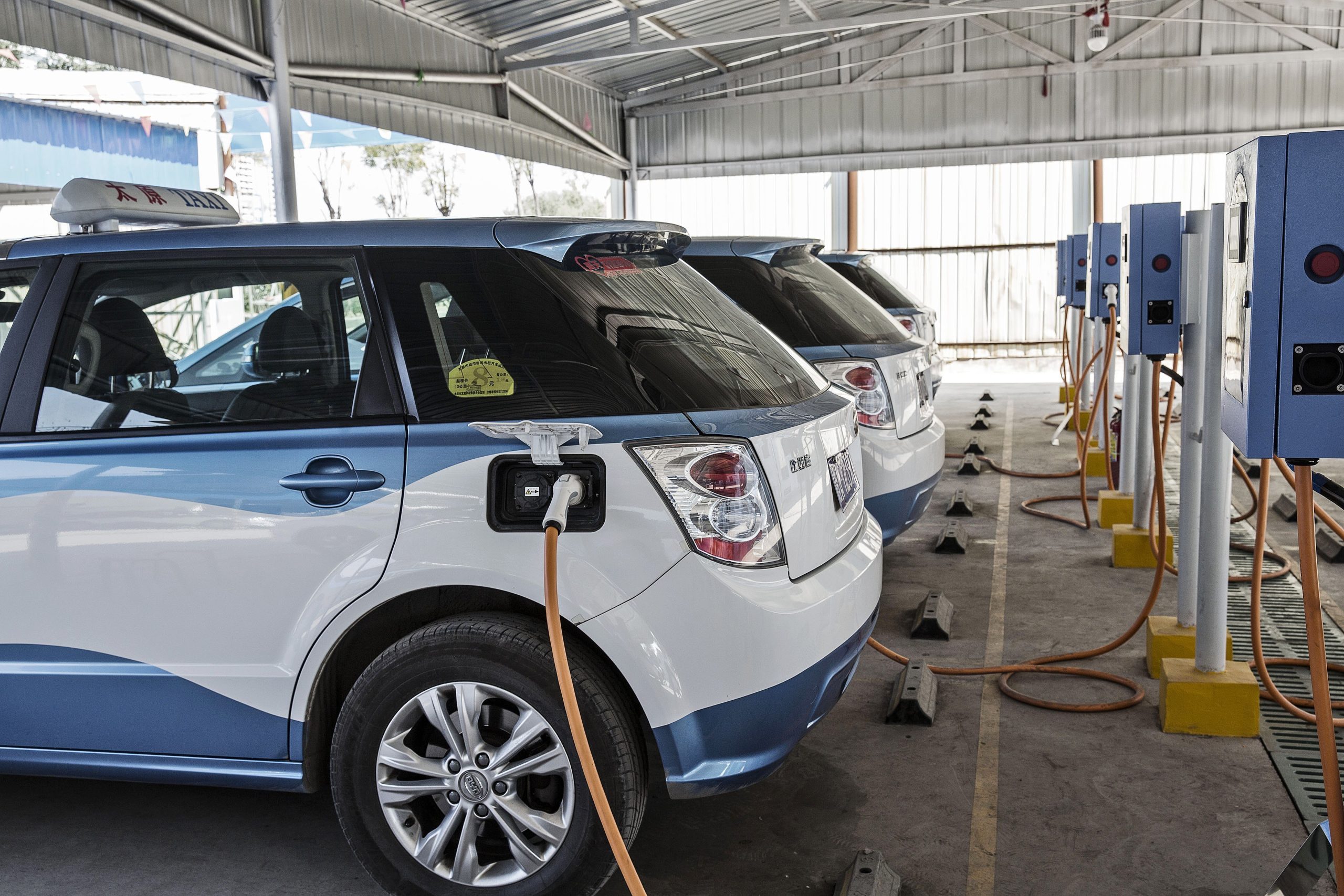Enjoying a D-Day after the Supreme Court’s verdict in the reserved seats case earlier today (Friday), the Pakistan Tehreek-e-Insaf (PTI) is expected to emerge as the largest party in the National Assembly as the number of Imran Khan-led party is likely to soar to 109.
In an unexpected legal victory for the main opposition party, the top court of the country ruled that the party of incarcerated Imran Khan is eligible for the allocation of reserved seats.
The decision has not only paved the way for the PTI’s return to parliament, which was kicked out of the February 8 polls owing to the ECP’s December 2023 ruling but has also increased the pressure on the coalition alliance by changing the composition of the National Assembly.
With the majority seats of the PTI in the lower house of the legislature, the ruling coalition led by Pakistan Muslim League-Nawaz (PML-N) will continue to occupy the simple majority with the strength of 209 members. The PML-N has a total of 108 members.
The opposition alliance in the National Assembly will surge to a strength of 120 after the PTI gains 23 reserved seats. Currently, the combined opposition, including the PTI, has 97 members. At present, the PTI has 86 members in the lower house, with 84 on board with the Suni Ittehad Council (SIC) and two independents — Barrister Gohar Ali Khan and Omar Ayub Khan.
Additionally, there are 68 members of the Pakistan Peoples Party (PPP) in the NA and the Jamiat Ulema-e-Islam-Fazl (JUI-F) has eight members while BNP-Mengal, MWM and PkMAP have one each in the lower house.
Meanwhile, the MQM-P has 21 members in the National Assembly and a minority seat remains suspended.
A timeline of reserved seats saga
The reserved seat issue first emerged after over 80 PTI-backed independent candidates emerged victorious in the February 8 elections and subsequently joined the SIC in a bid to claim seats reserved for minorities and women.
The SIC then approached the ECP on February 21 seeking allocation of reserved seats. However, the PTI suffered a setback after the electoral body, citing the party’s failure to submit its list of candidates, denied allocating the reserved seats to the SIC via its 4-1 majority verdict on March 4.
In the verdict, the ECP said it extended the deadline to submit a priority list for the reserved seats of women, and the SIC, before the February 8 polls, did not submit the required list which was “mandatory”.
The electoral body’s verdict cited Article 51(6), saying the article clearly stated the reserved seats would be allocated to the political parties who contested elections and won general seats based on a “proportional representation system”.
While rejecting the plea of SIC, the ECP accepted applications of the opposing parties and decided that the seats in the National Assembly would not remain vacant and would be allocated by a proportional representation process of political parties on the basis of seats won by political parties.



















































